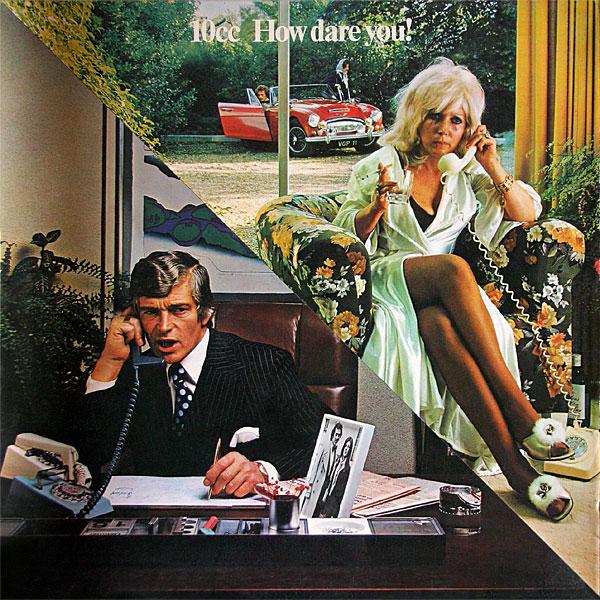Vinyl Icons
Sort By: Post DateTitle Publish Date
|
Mar 15, 2025 |
First Published: Jan 01, 2025
|
Mar 04, 2025 |
First Published: Dec 01, 2024







